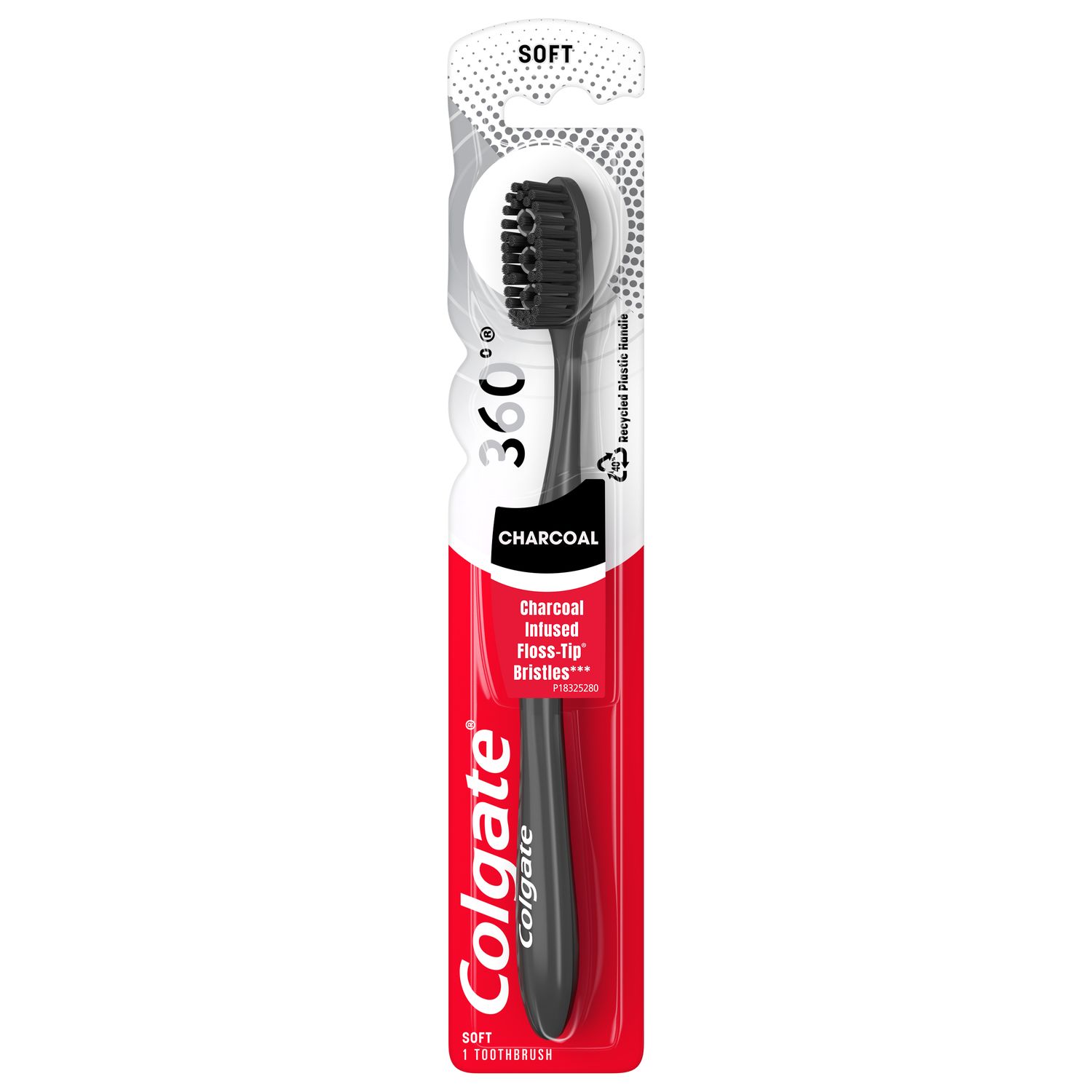A pregnant women's oral health problems can result in health consequences for both baby and mommy. So, to prevent a toothache, gum disease, or other oral disorders during pregnancy, your best strategy starts with a dental visit. It's important to take steps to prevent oral issues throughout your pregnancy.
Are Dental Visits Safe During Pregnancy?
Both dentists and obstetricians prefer that women see a dentist before becoming pregnant. This way, the dentist can do a thorough checkup and cleaning, as well as treat any existing dental problems – giving you one less thing to worry about during your pregnancy.
But if you're already pregnant, there's no reason to skip your regularly scheduled appointment. The American Dental Association (ADA) confirms dental visits during pregnancy are safe, including most dental procedures, X-rays (with proper precautions), and the use of local anesthetics. Be advised, though, that if you need dental treatment, it's best to wait for your second trimester if possible.
Just remember that it's essential you inform your dental professionals:
- As soon as you know – or even suspect – you're pregnant
- How far along you are in your pregnancy
- If you're on any prescription or over-the-counter medications
- If your pregnancy is considered high risk
Of course, any time you experience a toothache during pregnancy or issues with your gums, don't wait until after your baby is born. Call your dentist at the first sign of a dental problem.
How to Relieve Tooth Pain
We realize you try to avoid taking pain medications while pregnant. Sometimes, though, you might experience unbearable tooth pain during pregnancy before you can get in to see your dentist.
If you do need pain relief, discuss these remedies with your prenatal medical professional:
- Acetaminophen (but avoid ibuprofen, aspirin, and nonsteroidal anti-inflammatory drugs)
- Benzocaine (numbing gel)
- Cold compress (on cheek nearest tooth)
- Saltwater rinse (one cup warm water and one teaspoon salt)
How To Avoid Tooth Decay
To understand why you're especially at risk for tooth decay during pregnancy, you should know how cavities develop:
- The bacteria in your mouth use the sugars and carbs you eat to produce acids.
- Over time, these acids can dissolve the enamel on your teeth, leading to cavities. Acidic foods, liquids, and reflux also have the same effect on your enamel.
While pregnant, you're more susceptible to cavities for these reasons:
- Acid reflux, which can increase acid exposure to your teeth and eventually lead to enamel erosion.
- Food cravings, ranging from ice cream to pickles, can leave your teeth vulnerable to "acid attacks."
- Vomiting due to morning sickness can increase acid exposure to your teeth and eventually lead to enamel erosion.
- Excess fatigue or lethargy can decrease brushing and flossing for many reasons; you're not feeling as energetic as you usually do, the smell of oral care products might make you sick, or your gums might be sore.
But instead of letting your oral care slide, you need to step up your oral health care routine during pregnancy to prevent tooth decay. You'll want to:
- Rinse with a teaspoon of baking soda mixed with water after vomiting to dilute and rebalance the acidic content in your mouth, as recommended by the ADA for those who struggle with morning sickness.
- Brush frequently throughout the day, using a soft-bristled brush and fluoride toothpaste. "Frequently" includes after every meal, snack, or bout of morning sickness (after diluting with a baking soda and water rinse).
- Clean between your teeth daily (as usual) by flossing, using a water flosser, or an interdental brush.
- Keep sugary snacks to a minimum. If you do have a sweet treat, eat it at the end of a meal.
- Rinse with water when you aren't able to brush.
- Rinse before bedtime with an antibacterial mouthwash or mouth rinse.
- Drink plenty of water.
Look Out for Gum Disease and Other Conditions
Beyond tooth decay and toothaches, expecting mothers might experience other oral ailments. These issues can result from not stepping up your oral health care routine or from increased hormones. Whatever the cause, be aware of them so you can consult your dentist as soon as possible.
Gum Disease and Pregnancy Gingivitis: It's not unusual for an expectant mother to experience bleeding gums when brushing or flossing. Hormonal changes that come along with pregnancy can cause inflammation, sometimes called pregnancy gingivitis.
To keep this condition from developing into more serious gum disease, follow the enhanced home care routine we presented. Your dentist may recommend more frequent cleanings to prevent your sensitive gums from becoming more irritated.
Pregnancy "Tumors" on Gums: Occasionally, in the second trimester, a raw-looking swelling of gum tissue grows between the teeth. These so-called benign pregnancy "tumors" bleed easily and might result from excessive plaque.
If you think you've developed one of these "tumors," check in with your dental professionals. But take heart: They usually go away after improved oral hygiene and the baby is born.
Loose Teeth: This is another not-so-common complication of pregnancy. Loose teeth can result even in the absence of gum disease due to hormones affecting the ligaments that hold your teeth in the bone. If you notice any new tooth mobility, see your dentist immediately.
For a safe, healthy pregnancy and your baby's health, make your oral health a priority. See your dental professionals immediately before or after you're pregnant – or if you develop any oral issues during your pregnancy. Avoid toothaches and other dental conditions by stepping up your oral care game. Talk to your prenatal doctor about safe pain relievers. And soon you can shower your newborn baby with happy, healthy smiles.
Oral Care Center articles are reviewed by an oral health medical professional. This information is for educational purposes only. This content is not intended to be a substitute for professional medical advice, diagnosis or treatment. Always seek the advice of your dentist, physician or other qualified healthcare provider.
ORAL HEALTH QUIZ
What's behind your smile?
Take our Oral Health assessment to get the most from your oral care routine
ORAL HEALTH QUIZ
What's behind your smile?
Take our Oral Health assessment to get the most from your oral care routine















